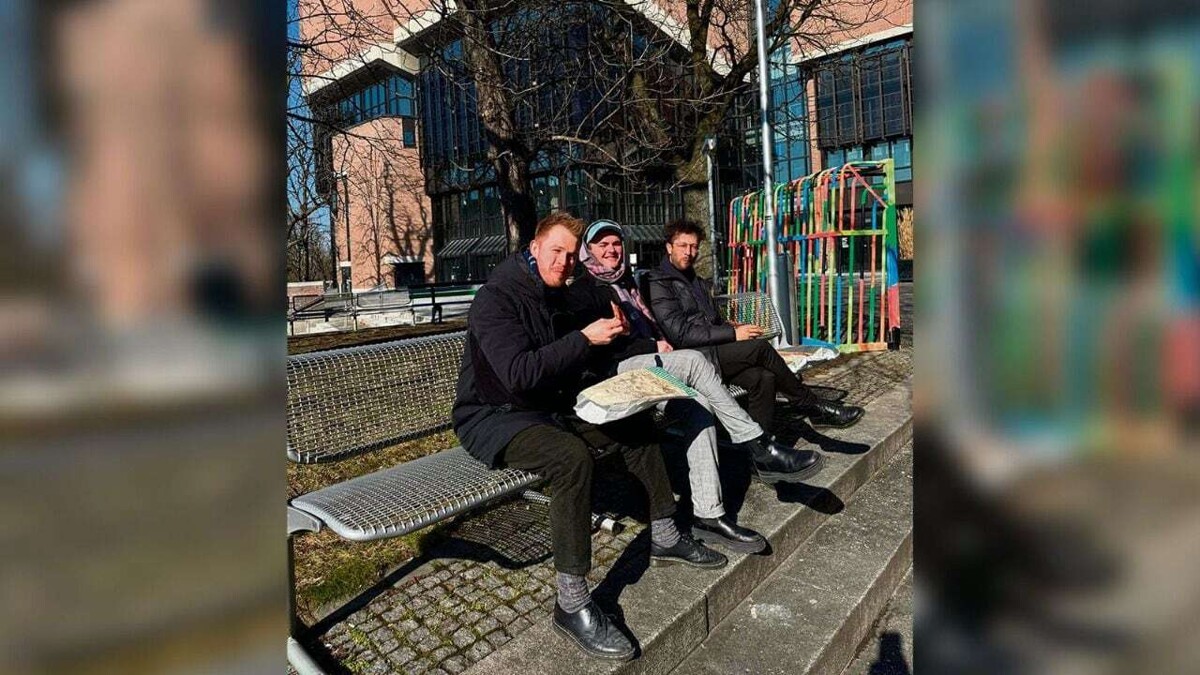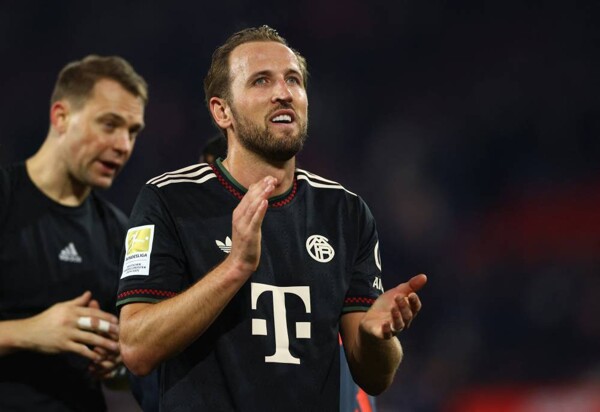
The French president met with opposition party leaders at the Élysée to address the current situation and promote an increase in defense spending, following the Danish model. Alberto Priego, a professor of International Relations in Madrid, expressed in a major digital newspaper that the current situation resembles more the Molotov-Ribbentrop Pact to divide Poland than the Munich Agreement. Priego warned about possible divisions of territories like Ukraine, the Baltic countries for Russia, and other nations for the United States.
In this context, there is pressure on European governments from ultranationalist currents fostered by the Trump administration. According to philosopher Fernando Savater, the alliance between Putin and Trump marks a possible end to the brake on totalitarianism in the world. In the streets of Munich, three young musicians expressed their concern about Trump and his influence, considering him a global danger.
The German newspaper Süddeutsche Zeitung highlighted that Trump is granting Putin a great victory at the right moment. Meanwhile, Macron plans to prepare France for possible wartime scenarios. Marine Le Pen criticized Macron's warlike stance and accused the president of making decisions without consulting Trump.
On the other hand, Keir Starmer, the British prime minister, backed Zelenski as the legitimate president of Ukraine following Trump’s comments. German Chancellor Olaf Scholz defended the democratic legitimacy of the Ukrainian leader. The possible future German chancellor, Friederich Metz, expressed his surprise at Trump’s attitude of supporting Putin.
In the midst of this situation, German Chancellor Olaf Scholz, criticized for his stance on the elections in Germany, emphasized the importance of not denying Zelenski's democratic legitimacy. Donald Tusk from Warsaw warned about the consequences of a possible forced surrender of Ukraine, pointing out that it would be a setback for the Western community.
In summary, Europe is dismayed by the change of course in the United States, witnessing how Trump allied with Putin to the detriment of its historic European allies. Comparisons with episodes from World War II are frequent in the editorials of major European newspapers, pointing to a breaking point in the transatlantic alliance that has dominated geopolitics for decades.















